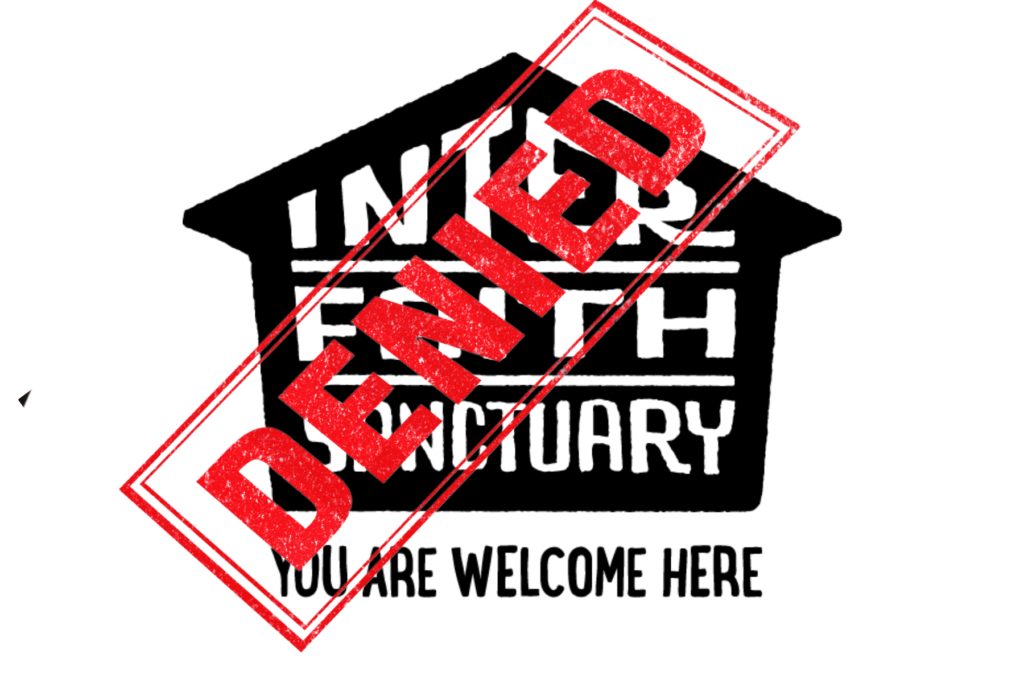Interfaith’s Permit Denial Threatens Homelessness Response

Stephanie Day, the executive director of CATCH and current chair of Our Path Home’s executive committee, published this op-ed in the Idaho Statesman on January 7, 2022. She has been working on ending homelessness in the Treasure Valley since 2007.
Our Path Home is heartbroken about the decision issued Monday night to deny Interfaith Sanctuary’s application for a new emergency shelter designed to provide better care for our most vulnerable neighbors. To be clear, the decision was not a singular one to deny shelter on State Street – rather, it was a denial of shelter in Boise. The disregard of facts and expert testimony displayed in the decision set a clear, dangerous precedent that shelter does not have a place anywhere in our community.
As homelessness experts, Our Path Home went through an analysis of the shelter system and Interfaith Sanctuary’s proposal, ultimately voting unanimously to support it because of its alignment with our local needs and national best practices for emergency shelter. Throughout the application and project development process, Interfaith Sanctuary went above and beyond the requirements to engage the neighborhood, implement additional standards to align with best practices and coordinate on all aspects of the application, including work with the Boise Police Department on security plans.
The Commission’s deliberation demonstrated a lack of understanding of the basic concepts of how emergency shelters operate (which is to be expected and why expert testimony is so important) and blatant disregard for expert testimony and facts presented as part of the public record. Discretion was abused to misinterpret reports and defer to undefined, vague notions of security concerns, despite assurance from the Boise Police Department that all impacts could be meaningfully mitigated.
The injudicious decision, if upheld on its likely appeal to Boise City Council, will render our community incapable of developing an effective response to the night-by-night homelessness crisis in our community and subject households experiencing homelessness to dangerous, inhumane conditions. This is not hyperbole, rather it is in fact, a pattern of consequence we have seen play out in similar cities where neighborhood objections have led to denial of shelter. In Madison, the denial blocked the process to allow the development of needed shelter and resulted in the only logical end-state – homelessness encampments. As we have seen elsewhere, the consequences we would expect to see in Boise are unthinkable and inhumane.
Unthinkable. As it stands today, our shelter system faces a nightly capacity gap that results in dozens of households without a safe place to sleep. That is as true on freezing winter nights like we are experiencing now as it is on summer nights during heat waves.
Inhumane. Emergency shelters can only operate with a CUP (Conditional Use Permit, requiring the approval of the Planning and Zoning Commission), and can only operate with a CUP in four zones throughout the City. The denial to site a shelter where code allows for shelter and to do so while citing adverse neighborhood impacts essentially renders no neighborhood suitable for shelter. And for this, we have a question for Boise residents – what is the answer that we can provide to the hundreds of households that rely on Interfaith Sanctuary tonight for a safe place to sleep?
When Boise leadership says that their goal is to ensure a home for everyone, they need to find a way to mean it, especially when it comes to tough decisions that ask them to do what is perhaps unpopular but what is necessary and what is right. This is a defining moment for Boise. Will we foster a culture of compassion, care, creativity and problem solving or will we let fear shape a culture of emotional reactivity, ignorance, neglect and avoidance?
